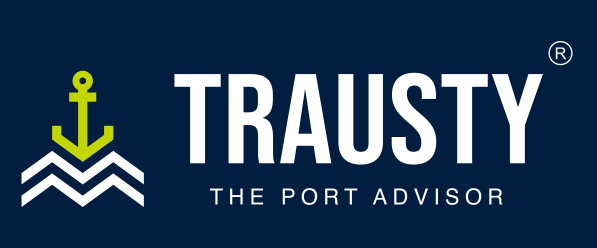After a week of the incident, Felicity Ace is now receiving water sprays from heavy tug boats.
After a week of the incident, Felicity Ace is now receiving water sprays from heavy tug boats. The estimated loss from the vessel catching fire is now at roughly USD 355 million, with most of it being covered by European insurance markets, and Volkswagern’s in-house insurance covering some of it as well. No injuries have been reported from the 22 crew members who were on board.
This incident has raised some conversation as a captain from the nearest port said that the lithium-ion batteries on these electric vehicles made it very difficult for experts to control the fire. The 650-foot, 60,000-ton vessel was carrying thousands of vehicles, including 4,000 Volkswagen Group vehicles, 1,100 Porsche, and other luxury car brands. One less vessel for transport can only mean more shipping delays and inventory shortages.

As it’s been presented in other news, shipping is suffering high costs and very high levels of consumer demand; and this incident only proves how fragile the supply chain may be due to uncontrollable factors. Direct owners of those vehicles have spoken on how they were waiting for months to receive their modified and personalized Porsches, and now they do not know what to speculate on their vehicles aboard. A similar incident happened back in 2019, where another ship caught fire with thousands of Porsches on board. Back then, Porsche prioritized their customers and dealers and began production of their affected vehicles.
Reports have been made on next steps for handling the fire. A salvage crew is hoping to bring back the vessel to port with tow lines and tug boats as early as today. The question still remains as to the cause of the blaze, although there is some speculation the cause has to do with the battery-electric and gasoline-powered vehicles on board. As the investigation develops, it should be noted that these vehicles aren’t charged at full capacity, as they are only charged with enough power to get loaded and unloaded from roll-on roll-off (RoRo) carriers.
After six days of the incident, we’re hoping a discovery arises on whether car carriers are more dangerous than cargo vessels. There have been 8 major incidents with car carrier vessels in the last 20 years. In comparison with commercial ship incidents, Autoweek reviews there have been an average of 150 major shipping accidents between the three-year period 2018-2020. Incidents include sunken ships, collisions with other vessels, and shifting ballast problems causing vessels to tip over. Now we might be adding another cause of incidents coming from lithium-ion batteries on vehicles.
Will this raise consumer hesitation over spending $300,000+ over personalized vehicles coming from delays or possible incidents? This could raise concerns over automotive enthusiasts and dealerships abroad over uncontrollable delays, inventory shortages, and massive losses from these kinds of accidents that are more common than we have considered.
Tags:
Felicity Ace, transport, shipping, board, shortages, vehicles,






